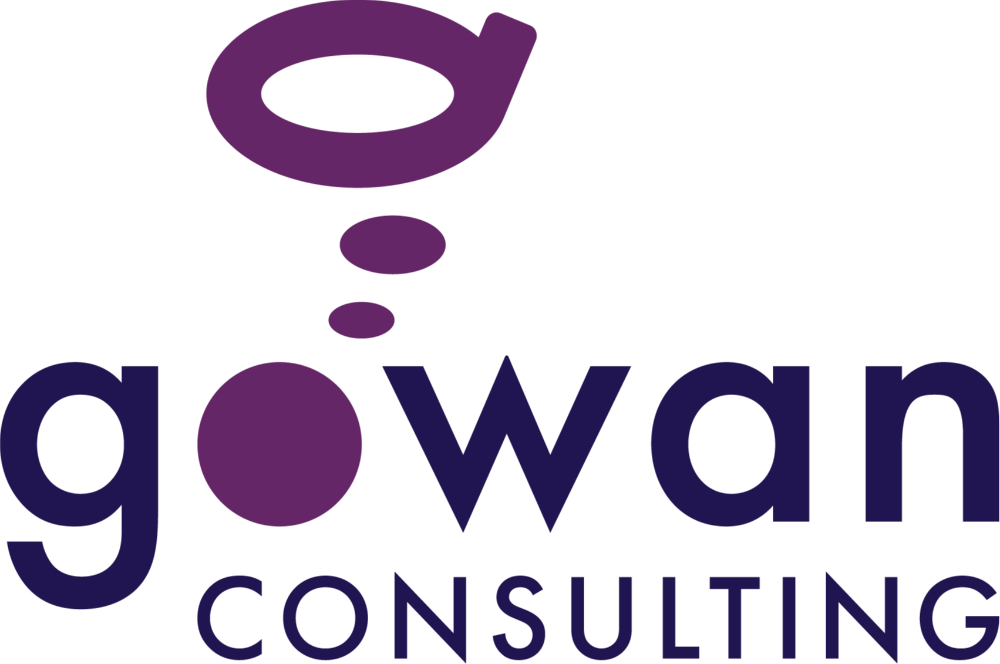Seasonal Affective Disorder: Supporting Mental Health in the Winter
Jan 23, 2025
As the days grow shorter and temperatures drop, many people experience shifts in their mood and energy levels. For some, these changes are more than just winter blues; they may be symptoms of Seasonal Affective Disorder (SAD). SAD is a type of depression linked to seasonal changes, most commonly occurring during the fall and winter months.
Mental health conditions like SAD can make it challenging to perform your best at work and in life, but it doesn’t have to hold you back. With the right support and strategies, it is possible to manage SAD and stay fulfilled and productive, even during the gloomy months.
Seasonal Affective Disorder Vs. Winter Blues
SAD is believed to be triggered by reduced sunlight exposure, which can disrupt the body’s internal clock and serotonin levels. Those living in northern climates, where winter days are shorter, are at a higher risk, as are individuals with a history of depression or bipolar disorder.
Symptoms of SAD can include:
- Low energy and fatigue
- Difficulty concentrating
- Persistent sadness or low mood
- Increased cravings for carbohydrates and potential weight gain
- Sleep disturbances, such as oversleeping or difficulty waking up
As a result of these symptoms, individuals may struggle to meet deadlines, feel disengaged from their teams, or experience higher levels of stress.
While both SAD and the “winter blues” can involve being less motivated or energetic during the colder months, the difference is that winter blues are generally mild and temporary. SAD, on the other hand, is a more severe condition that can significantly disrupt daily life and functioning. If symptoms persist for more than a few weeks, are intense, or interfere with work, relationships, or self-care, it may be time to seek professional support.
Strategies for Employees to Manage SAD
- Stick to a Routine: Try to wake up and go to bed at consistent times to align your sleep patterns with natural light cycles.
- Spend Time Outdoors: Even on cold days, getting outside during daylight hours can improve mood and energy. Going outside in the morning can help you align with your circadian rhythm.
- Use Light Therapy: Consider using a light therapy lamp for 20-30 minutes every morning to mimic natural sunlight. This can help regulate your body’s internal clock and boost serotonin.
- Eat a Nutritious Diet: Focus on a balanced diet rich in vitamins and minerals to support overall well-being. Foods high in Vitamin C, such as citrus fruits and leafy greens, can boost energy and immune function during the winter months.
- Reduce Screen Time Before Bed: Avoid screens with blue light before sleeping, as this can further disrupt circadian rhythms affected by SAD.
- Reach Out for Help: Connect with loved ones, attend support groups, ask your manager for support, and engage in Occupational Therapy for mental health support.
How Employers Can Support Employees with SAD
- Allow Flexible Schedules: Consider allowing employees to adjust their work hours during the winter to maximize exposure to daylight.
- Improve Workplace Lighting: Provide access to light therapy lamps, rearrange workspaces to prioritize seating near windows, or use glass partitions to create brighter office spaces.
- Promote Outdoor Activity: Encourage employees to get some fresh air and natural light on their breaks, and promote outdoor activities such as walking meetings or fitness challenges.
- Promote Awareness and Offer Training: Offer workshops or resources about mental health, helping normalize conversations about challenges like SAD. Educational sessions from Occupational Therapists can help managers and employees find effective strategies to manage their health.
Occupational Therapy Support
Occupational Therapists can offer personalized mental health support to overcome barriers to daily functioning. They can:
- Help employees develop routines that reduce stress and increase energy.
- Teach coping strategies, such as mindfulness and relaxation techniques.
- Provide mental health support, including modalities such as Cognitive Behavioural Therapy (CBT), to help employees reframe negative thoughts.
- Work with individuals to address specific challenges such as fatigue or difficulty concentrating.
If you or your employees are looking for support, Gowan Consulting can provide you with tailored solutions. Contact us to learn more about how we can support mental health, accommodation assessments, and return to work.

